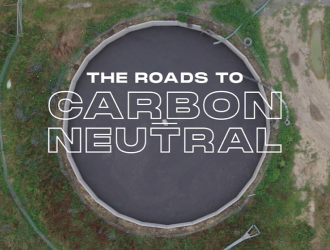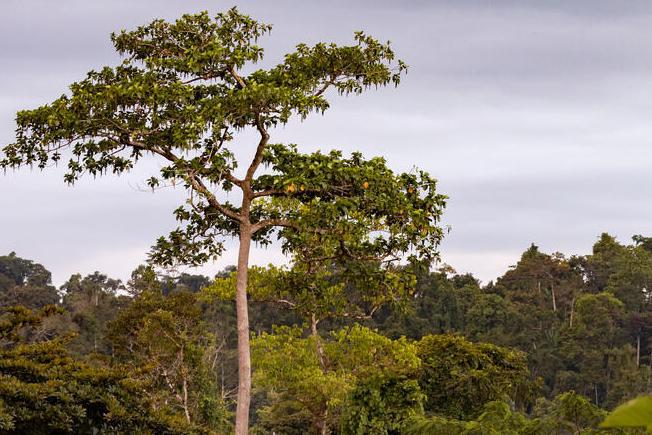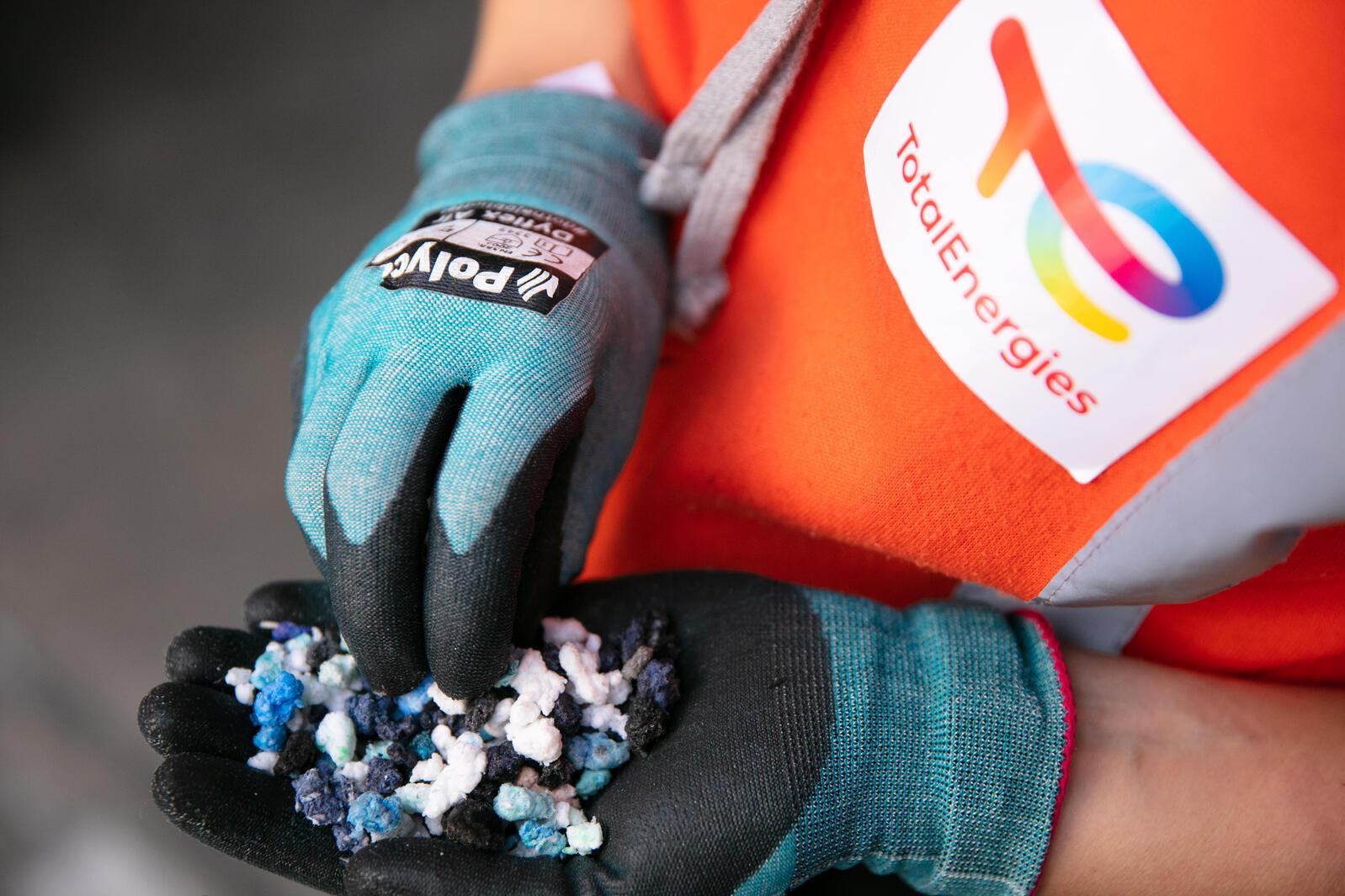Healthy soil is essential to life on earth. The ecosystem services that it provides play a key role in preserving biodiversity, regulating natural environments and the climate, and allowing human activities to continue (agriculture, housing, energy production, etc.). But soil is being weakened by various pressures, such as erosion, salinization, sealing and contamination.
Preserving soil, and more broadly the soil-groundwater continuum, is therefore a vital issue on a global scale. For TotalEnergies, preserving the planet’s soil is an important challenge, since soil is both a support and a resource for our industrial activities. To protect soil, we follow a method that is implemented throughout our sites’ lifecycle.
















